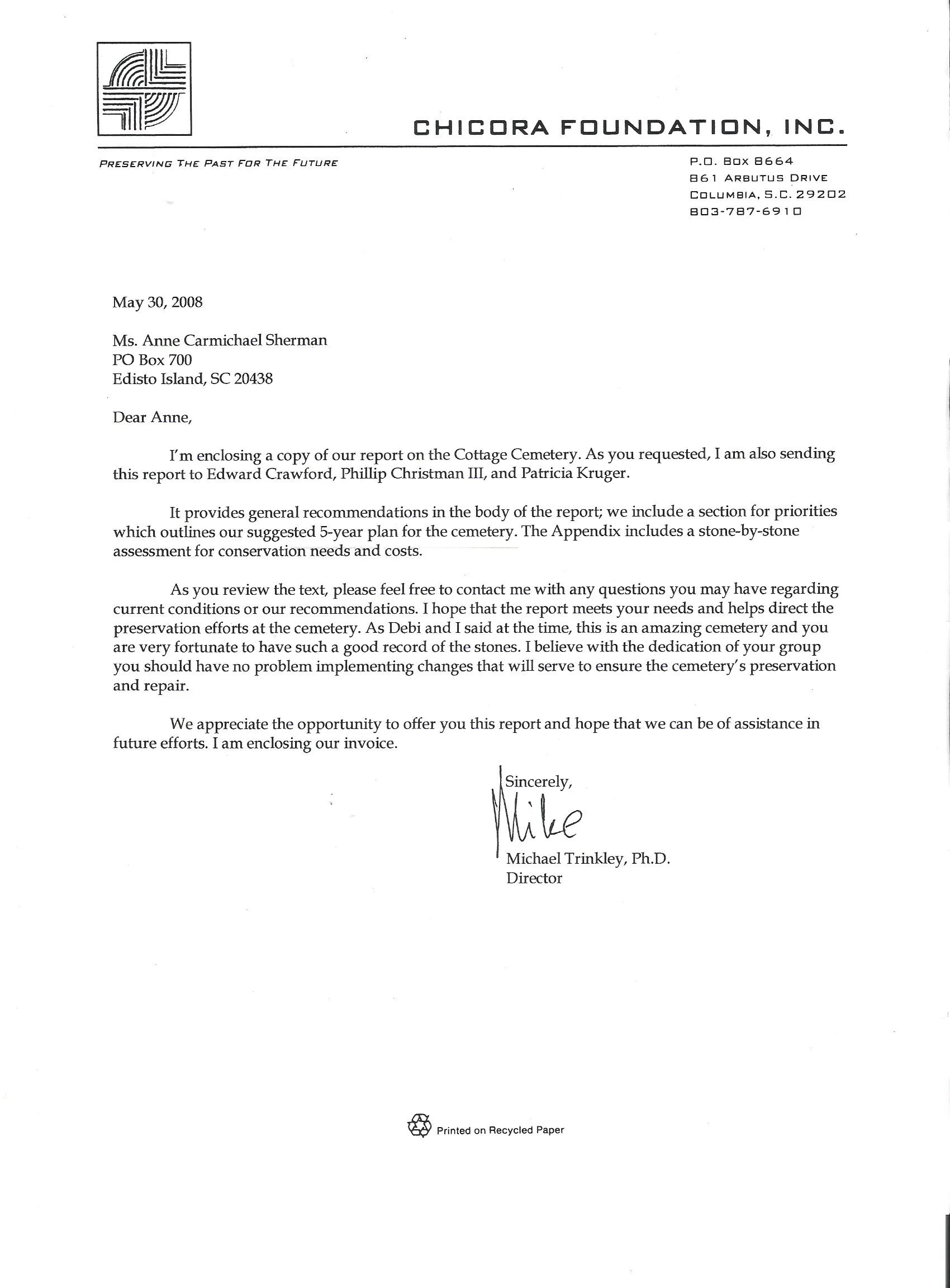Why a Cover Letter is Crucial for Kennel Assistants
A cover letter is your first opportunity to make a strong impression on a potential employer. For a kennel assistant position, a well-crafted cover letter becomes even more important, especially when you have no direct experience. It’s your chance to showcase your personality, passion for animals, and transferable skills. The cover letter serves as a bridge, explaining why you’re the right fit for the job, even if your resume lacks specific kennel experience. It helps you stand out from the competition by personalizing your application and demonstrating your genuine interest in the role and the specific kennel. A great cover letter can significantly increase your chances of getting an interview.
Understanding the Role of a Kennel Assistant
Before you start writing your cover letter, understanding the responsibilities of a kennel assistant is crucial. Kennel assistants are vital in ensuring the well-being of animals in their care. This includes feeding, cleaning, exercising, and providing basic medical attention. They monitor animal behavior, administer medications, and maintain a clean and safe environment. Kennel assistants interact with a variety of animals and must be able to handle them with care and compassion. They also often interact with pet owners, providing updates and answering questions. The job requires physical stamina and a strong work ethic, with a focus on animal welfare and kennel cleanliness. It is important to research the specific responsibilities associated with the role at the kennel you are applying to.
Key Responsibilities of a Kennel Assistant
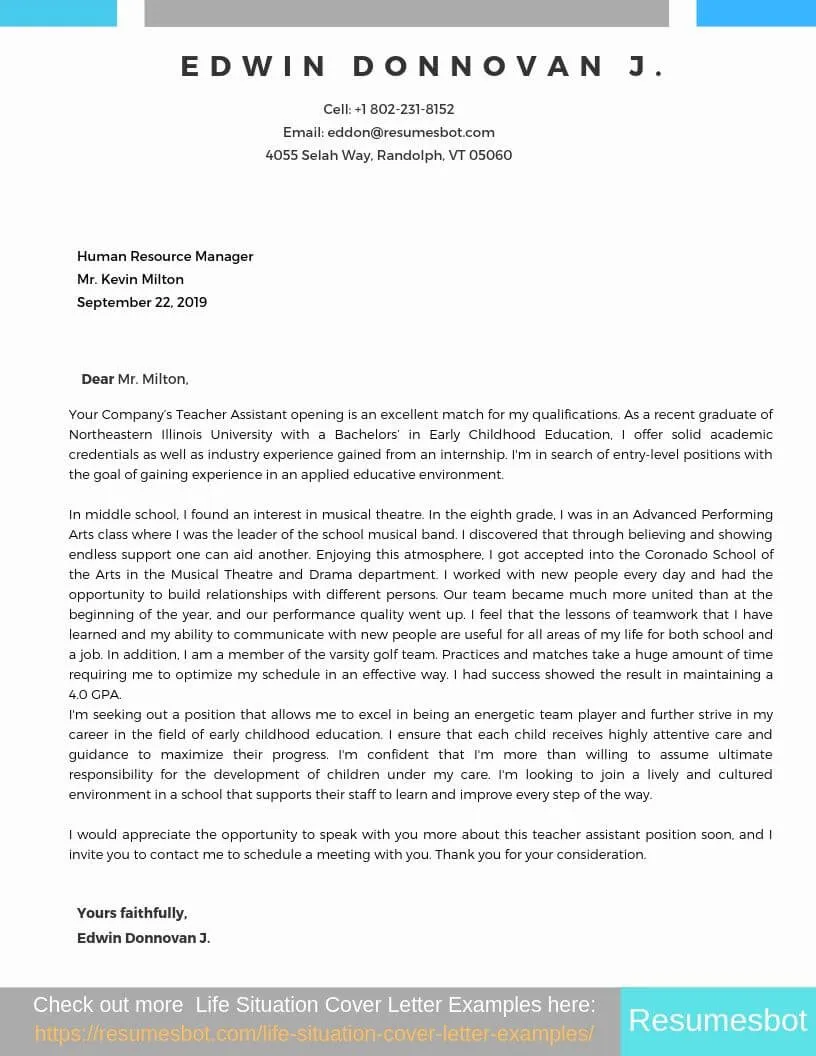
The day-to-day tasks of a kennel assistant can be varied, but certain duties are almost always part of the job. These may include feeding and watering the animals according to their specific dietary needs, cleaning and sanitizing kennels, cages, and play areas to maintain a hygienic environment, and monitoring the animals for signs of illness or distress. Kennel assistants also provide exercise and playtime to the animals, ensuring they receive adequate physical activity and mental stimulation. They may administer medications as directed by a veterinarian and assist with grooming tasks. Keeping accurate records of each animal’s health and behavior and communicating effectively with other staff members and pet owners are also key components of the role. It’s important to demonstrate understanding these responsibilities on your cover letter.
Essential Skills for a Kennel Assistant Position
While experience is valuable, certain skills are essential for a kennel assistant, regardless of prior experience. These skills include patience, compassion, and a genuine love for animals. Physical stamina and the ability to work in a fast-paced environment are important, along with effective communication and interpersonal skills to interact with both animals and people. Attention to detail is critical for observing animal behavior and maintaining cleanliness. Basic knowledge of animal health and first aid can be a major asset. You’ll also need the ability to follow instructions, work as part of a team, and handle animals safely. Demonstrating these skills in your cover letter can significantly increase your chances of success, especially if you lack direct experience.
Highlighting Transferable Skills with No Experience
If you’re applying for a kennel assistant position with no prior experience, focus on your transferable skills. These are skills you’ve gained in other roles or activities that are relevant to the job. Examples include responsibility (from any job or volunteer work), time management (from school or personal projects), and communication skills (from customer service or teamwork). Highlight your ability to work as part of a team, your problem-solving abilities, and your strong work ethic. If you have experience caring for pets, children, or other dependents, be sure to mention it. Consider any volunteer work, extracurricular activities, or hobbies that demonstrate responsibility, compassion, or attention to detail. Use specific examples to illustrate how you’ve utilized these skills in the past.
Researching the Kennel and the Role
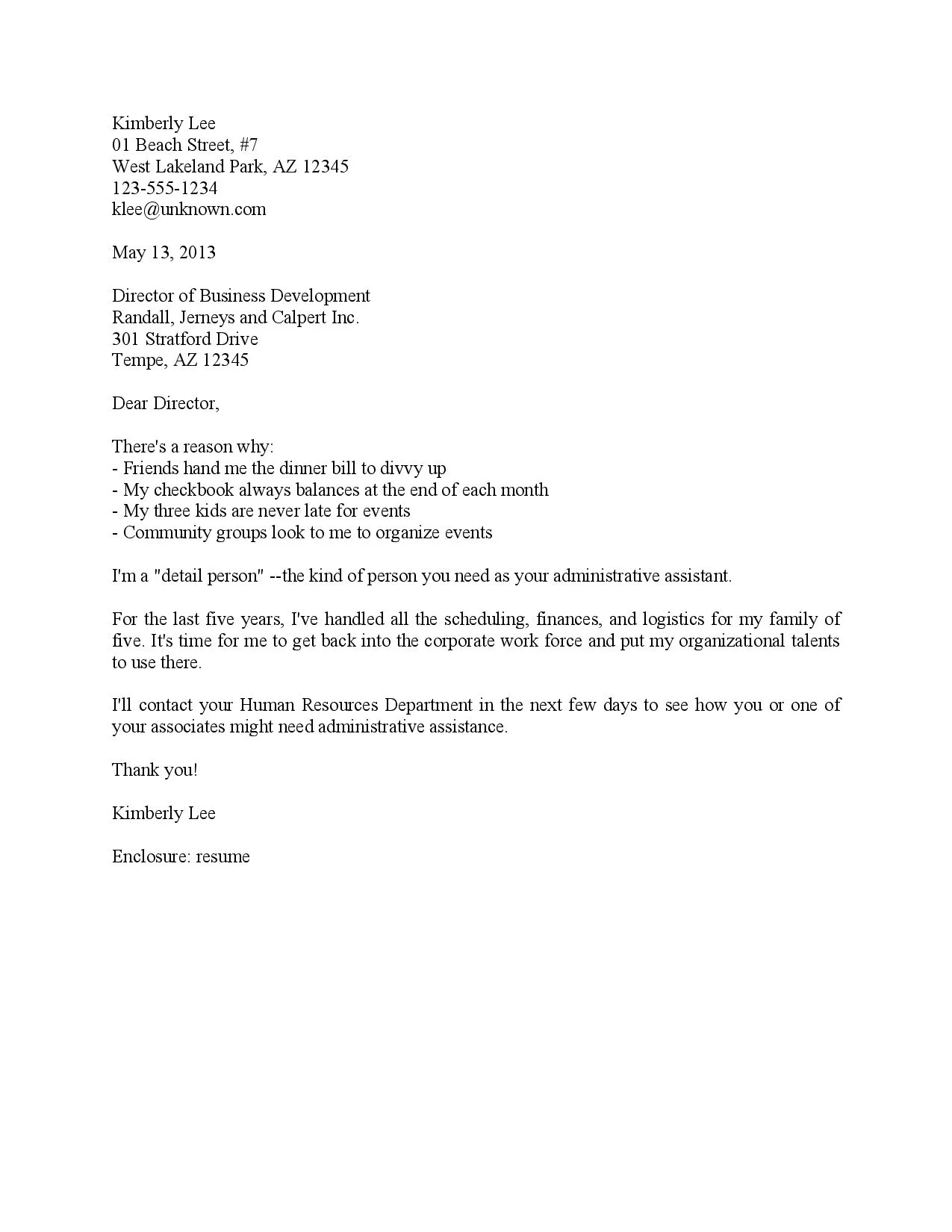
Before you begin writing, research the specific kennel you’re applying to. Visit their website, social media pages, and any other online resources to learn about their mission, values, and the services they provide. This research will help you tailor your cover letter to the specific needs and culture of the kennel. Identify any specific requirements listed in the job description. Understand the type of animals they care for and the services they offer. Demonstrating that you’ve done your homework shows initiative and genuine interest. The more you know about the kennel, the better you can tailor your letter to make a strong impression. This will allow you to highlight how your skills and enthusiasm align with their needs and values.
Customizing Your Cover Letter for the Specific Kennel
Once you’ve researched the kennel, customize your cover letter to match their specific needs and values. Avoid using a generic template. Address the letter to the hiring manager by name if possible. Highlight the aspects of the kennel that appeal to you and explain why you want to work there specifically. Use the job description as a guide to identify the key skills and qualifications the kennel is seeking and then match them to your skills and experiences. Mention any specific services or programs the kennel offers that you find interesting and express your desire to contribute to them. This level of personalization demonstrates that you care and have invested time in understanding their needs.
Crafting a Compelling Opening Paragraph
Your opening paragraph is critical. It should immediately grab the reader’s attention and make them want to read more. Start by stating the position you’re applying for and where you saw the job posting. Then, express your enthusiasm for the role and the kennel. Briefly mention your passion for animals or any specific skills that make you a good fit, even without direct experience. Consider starting with a strong statement about your commitment to animal welfare. Avoid generic phrases and instead, personalize it to reflect your genuine interest. Keep it concise and focused, providing a clear indication of your intent. The aim is to leave a lasting impression, prompting the reader to continue reading the letter.
Emphasizing Your Passion for Animals
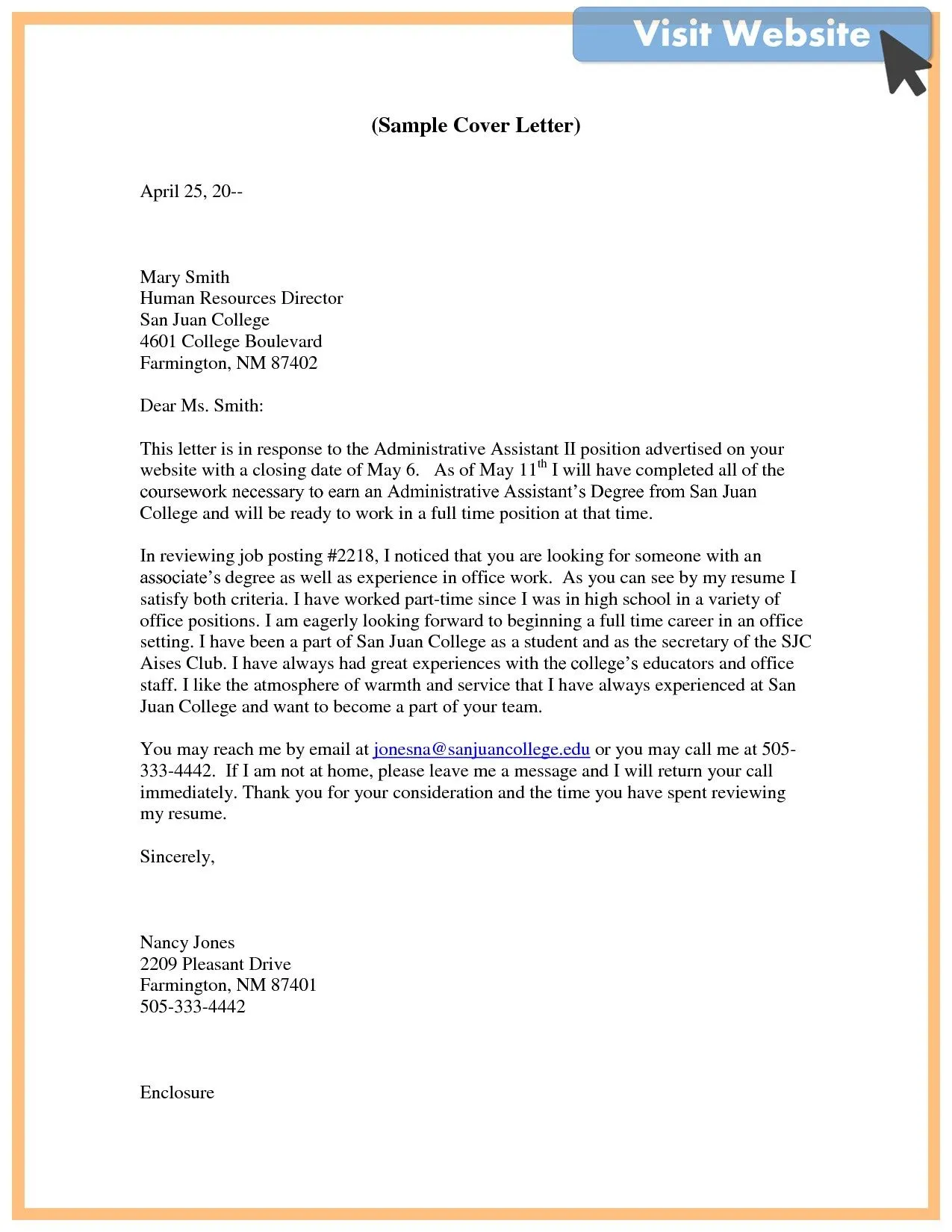
Kennel assistant positions are often filled by individuals who genuinely love animals. In your cover letter, demonstrate this passion. Share personal stories or experiences that reflect your love for animals. If you’ve cared for pets, volunteered at an animal shelter, or simply have a lifelong love for animals, be sure to mention it. Describe the actions you take to ensure the welfare of any animals in your care. Your passion should be authentic and heartfelt. This connection with animals is a key element in this type of role. This will help the reader understand your motivation and that you are committed to the well-being of the animals.
Showcasing Relevant Soft Skills
Soft skills are crucial in any job, and particularly so for a kennel assistant. Focus on the skills you have that relate to the job requirements. Include patience, empathy, communication skills, and the ability to work as a team. For example, if you have experience resolving conflicts, mention it, and how it relates to handling difficult situations that might arise with both animals and their owners. Highlight any experience you have with customer service, as kennel assistants frequently interact with pet owners. Use specific examples that showcase these skills in action. This can make your application stand out as these skills are important to providing quality animal care.
Addressing the Lack of Direct Experience
Since you have no direct experience, address this head-on. Don’t try to hide it. Instead, acknowledge it and explain how your other skills and experiences make you a good fit. Frame your lack of experience as a learning opportunity. Emphasize your eagerness to learn and your willingness to take on new challenges. Mention any relevant skills you possess and how you plan to use them in the role. Express your enthusiasm for the chance to gain experience in the animal care field. Highlight any courses or certifications you may have, even if they’re not directly related. Make sure the reader understands your commitment to the role, and how you can bring value to the organization, even without prior experience.
Highlighting Volunteer Work and Related Activities
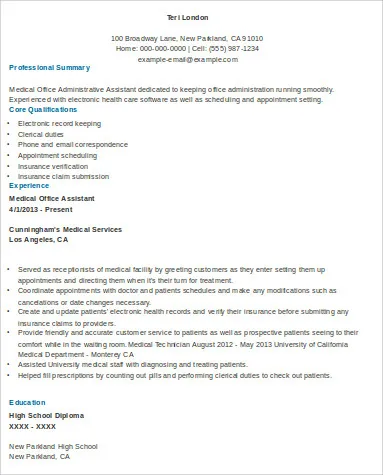
Volunteer work or any related activities are great ways to compensate for a lack of direct experience. If you’ve volunteered at an animal shelter, dog walking service, or any other organization, be sure to mention it. Detail the tasks you performed and the skills you developed. If you’ve cared for pets, describe your responsibilities, such as feeding, cleaning, and administering medications. This will show you are willing to put in the work. Even activities that are not directly related to animal care can showcase important qualities, such as responsibility and commitment. Be specific and detail your responsibilities within those organizations to show that you take them seriously. Showcase your dedication to animal welfare.
Detailing Your Relevant Experience
Even if you lack direct experience, focus on any relevant experience you do have. This may include caring for pets, volunteering at animal shelters, or any other experience that demonstrates your ability to care for animals. Highlight any skills you have, such as giving medications, cleaning, or any other experience related to caring for animals. Even seemingly unrelated experiences, such as customer service, can be framed to show their applicability. For example, you can explain how you communicated with difficult customers to explain how you can use your customer service experience to interact with clients and their pets. This will help the reader understand that you have the aptitude and ability to perform this role.
Quantifying Achievements and Responsibilities
Wherever possible, quantify your achievements and responsibilities. Instead of saying “I helped with animal care,” say “I assisted in the care of 20+ animals daily, including feeding, cleaning, and administering medications.” Use numbers and specific examples to demonstrate the impact of your work. This will make your accomplishments more concrete and easier to understand. Quantifying your achievements makes your cover letter more compelling and helps employers better understand your skills and abilities. This helps provide evidence of the work you have performed, and the value you can bring to a new organization.
Writing a Strong Closing Paragraph
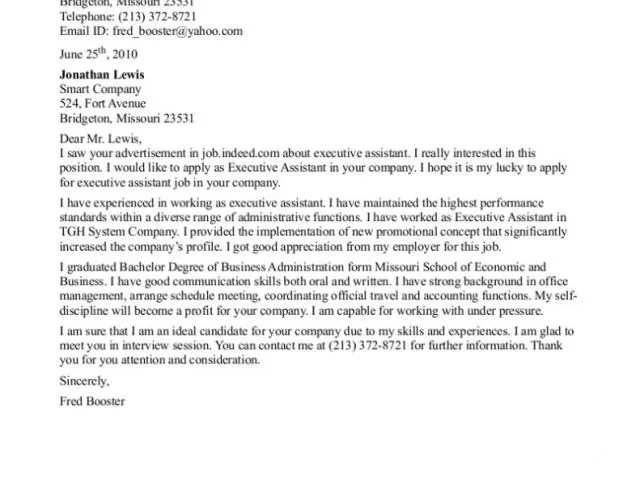
Your closing paragraph should reiterate your interest in the position and express your enthusiasm for the opportunity. Reiterate your passion for animals and your commitment to animal welfare. Thank the reader for their time and consideration. Include a call to action, such as a statement that you’re eager to discuss your qualifications further. State that you are available for an interview at their earliest convenience. Make sure you clearly state your contact information and how you can be reached. A strong closing paragraph leaves a lasting positive impression and encourages the reader to take the next step.
Expressing Enthusiasm and Availability
Throughout your cover letter, express your enthusiasm for the kennel assistant position. Show that you are eager to learn and contribute to the team. Mention your availability for an interview and state that you are ready to start as soon as possible. Be sure to provide your contact information, including your phone number and email address. Avoid sounding desperate, but genuinely convey your excitement and eagerness for this opportunity. Make it easy for the employer to contact you. This demonstrates your proactive approach and readiness to take the next step in the hiring process.
Proofreading and Editing Your Cover Letter
Before submitting your cover letter, carefully proofread and edit it. Check for any grammatical errors, typos, or spelling mistakes. Ensure your writing is clear, concise, and easy to read. Have a friend or family member review your cover letter for a second opinion. Consider using grammar and spell-checking software, but don’t rely on them entirely. Proofreading is crucial for demonstrating professionalism and attention to detail. A single error can undermine your application, so take the time to review your letter carefully.
Ensuring Professionalism and Accuracy
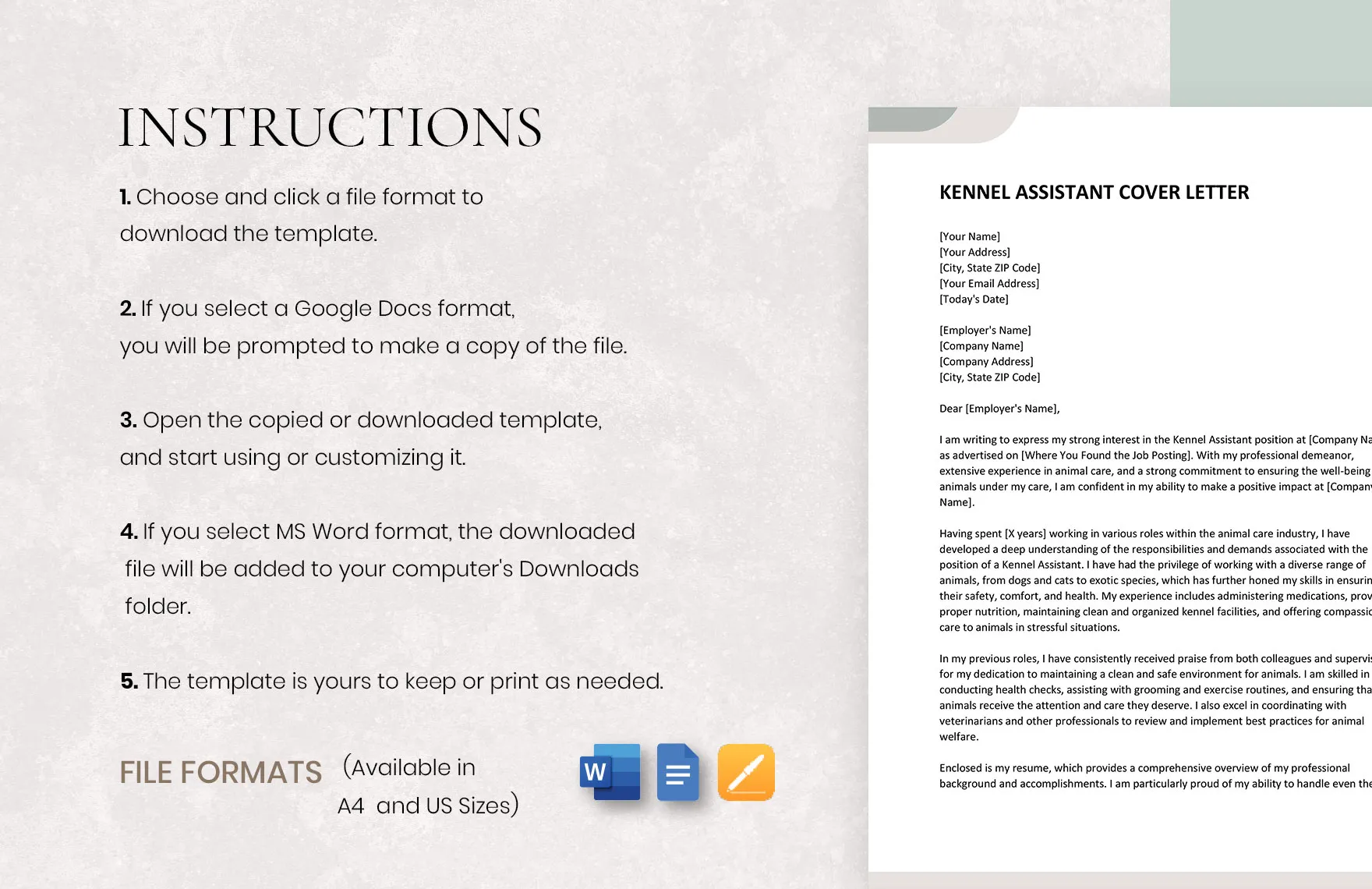
Maintain a professional tone throughout your cover letter. Use formal language and avoid slang or casual expressions. Ensure that your contact information is accurate and up-to-date. Be honest about your skills and experience and avoid exaggerating or making false claims. Make sure you’ve included the correct name and address of the hiring manager and the kennel. A professional cover letter shows respect for the employer and increases your chances of being taken seriously. Be sure your information is presented clearly, so the reader can easily contact you.
Formatting Your Cover Letter
The format of your cover letter is important for readability. Use a standard font, such as Times New Roman or Arial, and maintain a consistent font size. Use clear and concise paragraphs. Include your contact information at the top of the letter, followed by the date, the hiring manager’s name and title, and the kennel’s address. The letter should be well-structured, with a clear opening, body, and closing. Use appropriate spacing and avoid cluttering the page. Proper formatting makes your cover letter easier to read and demonstrates your attention to detail. Following a professional format makes it simple to read and review your letter.
Contact Information and Letter Structure
Your cover letter should follow a standard business letter format. At the top, include your name, address, phone number, and email address. Then, include the date, the hiring manager’s name (if you know it), their title, and the kennel’s address. The body of your letter should consist of the opening paragraph, several body paragraphs where you discuss your skills and experience, and a closing paragraph. The letter should be concise and easy to read. Keep the focus on what you can bring to the organization. Clear contact information and the proper structure is an important part of professionalism.
Additional Tips for a Winning Cover Letter
To further improve your cover letter, consider these additional tips. Use action verbs to describe your skills and experience. Tailor your letter to each specific job application. Avoid using generic templates and focus on showcasing your unique qualities. Mention any relevant certifications or courses you have completed. Consider including a portfolio of work or a link to your online profile. Finally, make sure your cover letter complements your resume, not just repeats it. Be enthusiastic and confident in your abilities. By including these tips, you’ll improve your chances of making a good impression.
Tailoring Your Letter to Different Kennel Types
Kennels can range widely in size, focus, and services. Tailor your cover letter to the specific type of kennel you are applying to. If you are applying to a veterinary clinic, highlight any knowledge of animal health or medication administration. If it’s a boarding facility, focus on your ability to care for multiple animals and maintain a clean environment. If it’s a rescue organization, emphasize your passion for animal welfare and experience working with animals in need. Researching the specific kennel before writing your letter will help you tailor the letter to better showcase your skill set. Understanding the type of work you are trying to obtain will help you adapt and tailor your cover letter.
Common Mistakes to Avoid
Avoid these common mistakes. Don’t use a generic cover letter for every application. Don’t make spelling or grammatical errors. Don’t write a cover letter that is too long or too short. Don’t focus solely on what you want from the job; instead, focus on what you can bring to the organization. Don’t be negative or critical of previous employers. Don’t submit your cover letter without proofreading. And don’t forget to follow up on your application. Avoiding these mistakes can significantly improve your chances of getting hired.
Following Up on Your Application
After submitting your cover letter and resume, follow up with the employer. Send a polite email or make a phone call a week or two after submitting your application. This demonstrates your continued interest in the position. Thank the hiring manager for their time and reiterate your enthusiasm for the opportunity. Ask about the status of your application and if there’s anything else you need to do. Following up can set you apart from other candidates. Be polite and professional, and respect the employer’s time. Showing you are proactive can make a difference.
